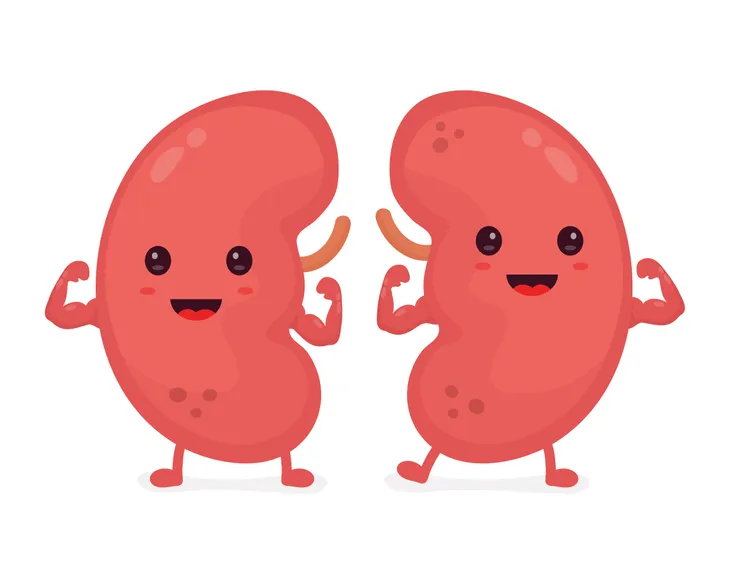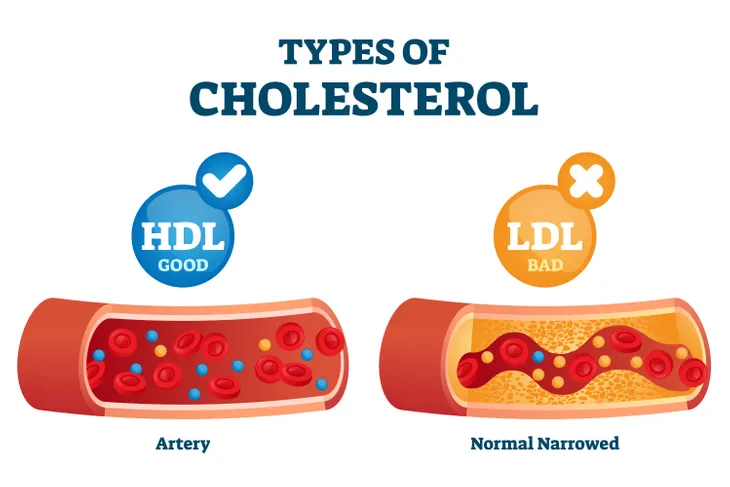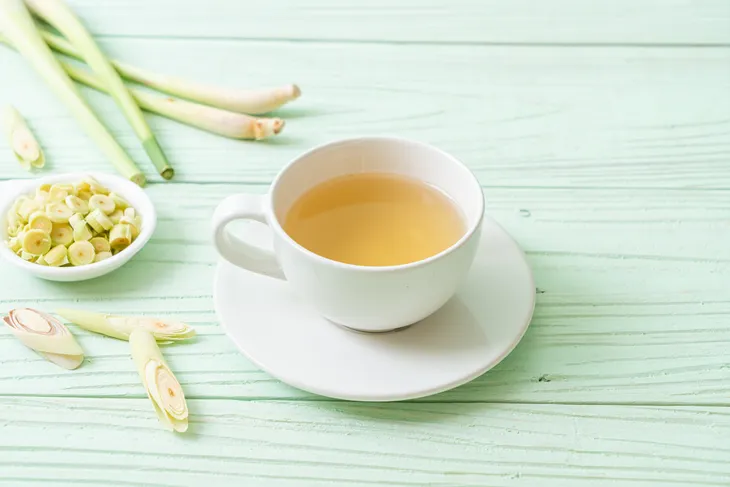- Lemongrass is a tropical plant native to Southeast Asia and is commonly used to flavor countless popular dishes like stir fry, salad, curry pastes, and more.
- It turns out lemongrass offers tons of potential health benefits such as regulating cholesterol levels, aiding in weight loss, promoting healthy digestion, anti-inflammatory properties, and more.
- Before you run out the door to your local health food store, it’s important to note lemongrass is not meant to offset a lack of exercise, low-quality diet, or doctor-prescribed treatments.
Maybe your eyes rolled over “lemongrass” on the menu at your favorite smoothie bar, and you’re too afraid to ask to learn more. Or perhaps you haven’t yet crossed paths with this incredibly versatile and healthy herb. Whatever the case, know that the sooner you familiarize yourself with the wonder that is lemongrass, the better. The secret is indeed out. Lemongrass offers an ever-growing list of health benefits to those who consume it regularly. What is lemongrass, why is it so popular, and how can you work it into your diet?
What Is Lemongrass?
A tropical plant native to Southeast Asia, lemongrass has long been leaned on to flavor countless popular Thai dishes like stir-fries, salads, spice rubs, and curry pastes. Cooks typically start by trimming the top and base of the stalks and peeling off the tough outer layer before chopping or mincing. Its oil can be extracted and used to add a fresh scent to soaps, and candles too.
More than just an aromatic herb, lemongrass is also frequently utilized as a natural remedy to combat an incredible range of conditions and symptoms. More and more, lemongrass is used as a dietary supplement due to its wide range of potential health benefits. For more on those, keep reading!
It’s an Anti-Inflammatory
More and more studies stress the importance of keeping inflammation at bay. Chronic inflammation may be linked to cancer, heart disease, diabetes, asthma, arthritis, and more.
Healthline says, “according to the Memorial Sloan Kettering Cancer Center, two of the main compounds in lemongrass, citral and geranial, are thought to be responsible for its anti-inflammatory benefits.” According to the source, these compounds play a role in stopping the release of certain “inflammation-causing” markers in your body.
May Reduce Your Risk of Cancer
It would be incredibly irresponsible to claim that a nightcap of lemongrass tea could cure cancer. The scientific data doesn’t necessarily suggest that either.
What we do know is that a number of the compounds that exist in lemongrass have been shown to inhibit tumor growth and cause cancer cell expiration in a number of lab-controlled animal studies. That’s encouraging news without a doubt, but we’d all love to see significantly more human data.
It May Help You Lose Weight
The only real way you’re going to lose weight and keep it off, in the long run, is through a regimen of regular exercise and a calorie deficit. Having said that, a lot of people are turning to lemongrass to help kick off their transition.
The scientific evidence is lacking, though many tout the metabolism-boosting qualities of lemongrass as their ace in the hole. Though we can’t outright prove these claims, we can’t quite disprove them either. What we can say for certain is that integrating lemongrass into your weight loss regimen couldn’t possibly hurt.
It May Promote Healthy Digestion
Consuming a post-meal cup of tea is a cultural staple. A healthy one at that. We already know that consuming warm water on a regular basis does indeed promote healthy digestion. The science seems to suggest that adding a little lemongrass to that after-dinner mug may help your digestion even better.
A number of studies link lemongrass to a whole host of positive digestive outcomes including protecting the stomach lining from some of the negative effects of aspirin, and as an alternative treatment for upset stomachs.
It Has Diuretic Properties
Lemongrass is widely recognized as an effective diuretic. Diuretics help your kidneys release more sodium into your urine, removing the salt from your body and reducing blood pressure.
This study found evidence to suggest that lemongrass is a diuretic on par with green tea, which we think is pretty neat. Lemongrass is far from a substitute for your doctor-prescribed “water pills,” but it’s still pretty cool all the same.
May Regulate Your Cholesterol
You don’t have to go very far to learn about the risks of high cholesterol. We spend a lot of time discussing the negative effect it can have on your body and share ways for you to keep it in check.
This study from the Journal of Advanced Pharmaceutical Technology and Research discovered encouraging data detailing the positive impact of lemongrass extract on the cholesterol levels of the animals tested. Put another one on the board for lemongrass.
May Ease Symptoms of PMS
That time of the month really has a way of killing any momentum you may have built up over the week. Cramps, bloating, and headaches are just some of the common symptoms of premenstrual syndrome (PMS). And for some women, these painful symptoms can stop them in their tracks.
As we’ve already established, consuming lemongrass has been shown to ease stomach discomfort and beat back inflammation. This study shows that lemongrass extract may even help keep your body cool.
 Shutterstock/NDAB Creativity
Shutterstock/NDAB CreativityIt’s an Antimicrobial
Antimicrobial is just a fancy word for an agent that can destroy harmful microorganisms or, at the very least, halt their growth. Antimicrobials come in all shapes and sizes and offer a ton of practical everyday uses.
The oil extracted from lemongrass is a known antimicrobial that has been shown to counteract one of the bacteria that causes tooth decay. Much of that success is attributed to an abundance of citral.
It’s Loaded With Antioxidants
Free radicals are not your friend. An abundance of them can lead to a wide range of negative health outcomes, including aging, illness, and cell damage. Your best defense against the destructive power of free radicals is antioxidants.
Antioxidants occur naturally in the body, but can also be consumed by way of a diet rich in whole foods, fruits, and vegetables. Antioxidants can also be sourced from, you guessed it, lemongrass.
How to Consume Lemongrass
If you’ve managed to track down a few stalks of fresh lemongrass and hope to brew up some tea at home, know that it really is quite easy.
Begin by roughly chopping a few fresh lemongrass stalks and setting them aside in a bowl. Once prepped, bring 4-cups of water to a boil on the stovetop in a medium saucepan. Once at a rolling boil, add the lemongrass and wait for 5-minutes.
After the 5-minutes are up, reduce the heat to low and simmer for another 5-minutes. Remove or strain the stalks, add sugar to taste, and serve warm! For a refreshing summer treat, chill your batch of lemongrass tea in the fridge and serve a few hours later over ice.
The Takeaway
Before you run out the door to your local health food distributor in your socks and sweatpants it’s important to give our lemongrass conversation some much-needed perspective. It should be said that no amount of lemongrass can offset a lack of exercise and a low-quality diet. It can’t sub-in for doctor-prescribed treatments and medications either.
There are a lot of benefits to making lemongrass tea and drinking it on a regular basis. But lemongrass tea is best enjoyed as a small, potentially contributing component, of an otherwise healthy, active life.














